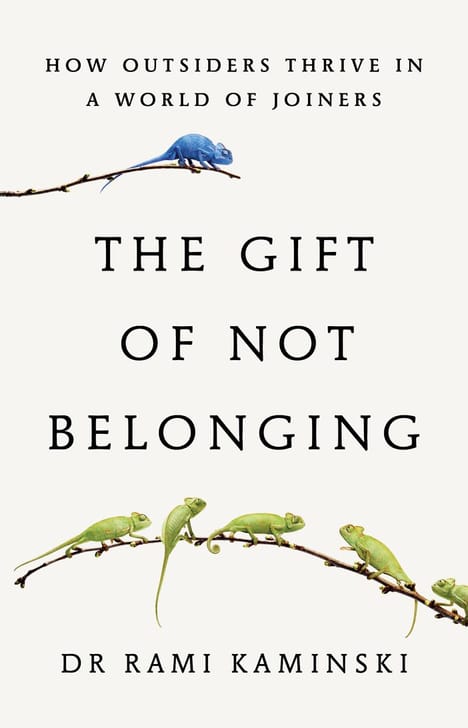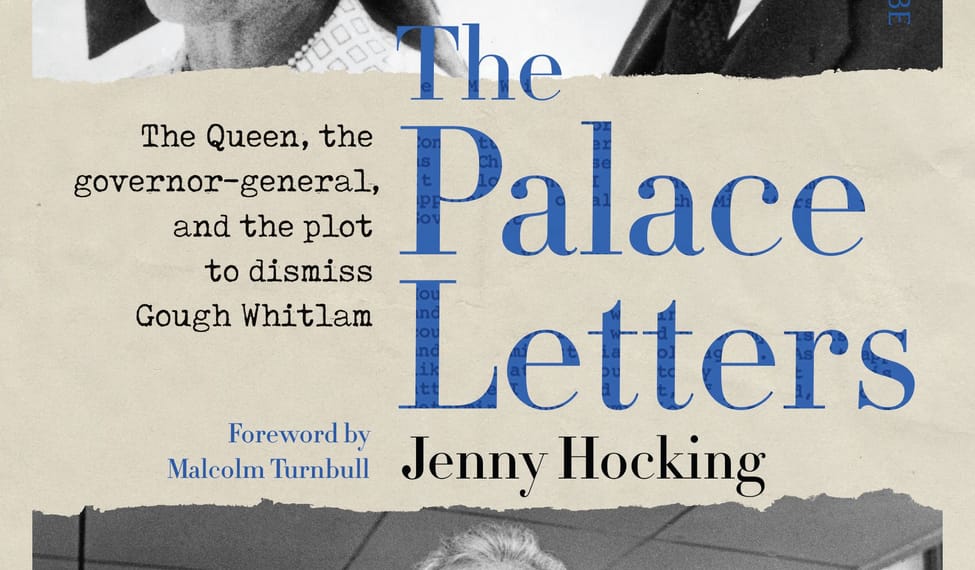
Infamous events in Australian political history
Related Books
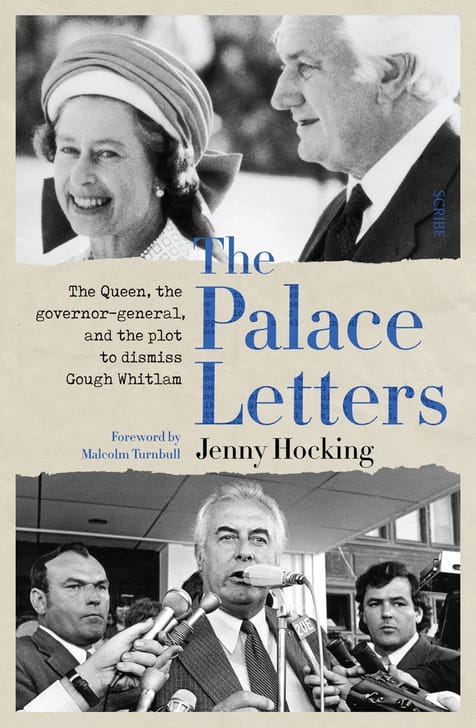
The Palace Letters
A political betrayal.
A constitutional crisis.
A hidden correspondence.
Gough Whitlam was a progressive prime minister whose reign from 1972 proved tumultuous after 23 years of conservative government in Australia. After a second election victory in May 1974, when a hostile Senate refused to vote on his 1975 budget, the political deadlock that ensued culminated in Whitlam’s unexpected and deeply controversial dismissal by the governor-general, Sir John Kerr.
Kerr was in close touch with the Palace during this period, but, under the cover of being designated as personal, that correspondence was locked away in the National Archives, and embargoed by the Queen — potentially forever. This ruse denied the Australian people access to critical information about one of the most divisive episodes in the nation’s history.
In the face of this, Professor Jenny Hocking embarked on what would become a ten-year campaign and a four-year legal battle to force the Archives to release the letters. In May 2020, despite being opposed by the Archives, Buckingham Palace, and the full resources of the federal government, she won her historic case in the High Court.
The Palace Letters is the ground-breaking account of her indomitable fight. Drawing on material from the Palace letters, Kerr’s archives, and her submissions to the courts, Hocking traces the collusion and deception behind the dismissal, and charts the secret role of High Court judges, the leader of the opposition, Malcolm Fraser, and the Queen’s private secretary in fostering and supporting Kerr’s actions.
Hocking also reveals the obstruction, intrigue, and duplicity she faced during her campaign, raising disturbing questions about the role of the National Archives in fighting access to these historic letters and in enforcing, against Australia’s national interests, royal secrecy over its own documents.
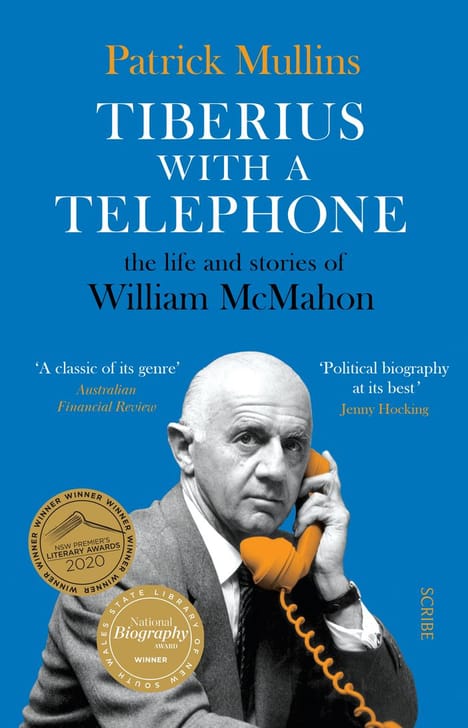
Tiberius with a Telephone
Winner of the 2020 National Biography Award and the 2020 NSW Premier’s Non-Fiction Award.
The oddly compelling story of a man regarded as Australia’s worst prime minister.
William McMahon was a significant, if widely derided and disliked, figure in Australian politics in the second half of the twentieth century. This biography tells the story of his life, his career, and his doomed attempts to recast views of his much-maligned time as Australia’s prime minister.
After a long ministerial career under Menzies, McMahon became treasurer under Harold Holt, and fought a fierce, bitter war over protectionism with John McEwen. Following Holt’s death in 1967, McEwen had his revenge by vetoing McMahon’s candidature for the Liberal Party’s leadership, and thus paved the way for John Gorton to become prime minister. But almost three years later, amid acrimony and division, McMahon would topple Gorton and fulfill his life’s ambition to become Australia’s prime minister.
In office, McMahon worked furiously to enact an agenda that grappled with the profound changes reshaping Australia. He withdrew combat forces from Vietnam, legislated for Commonwealth government involvement in childcare, established the National Urban and Regional Development Authority and the first Department of the Environment, began phasing out the means test on pensions, sought to control foreign investments, and accelerated the timetable for the independence of Papua New Guinea. But his failures would overshadow his successes, and by the time of the 1972 election McMahon would lead a divided, tired, and rancorous party to defeat.
A man whose life was coloured by tragedy, comedy, persistence, courage, farce, and failure, McMahon’s story has never been told at length. Tiberius with a Telephone fills that gap, using deep archival research and extensive interviews with McMahon’s contemporaries and colleagues. It is a tour de force — an authoritative and colourful account of a unique politician and a vital period in Australia’s history.
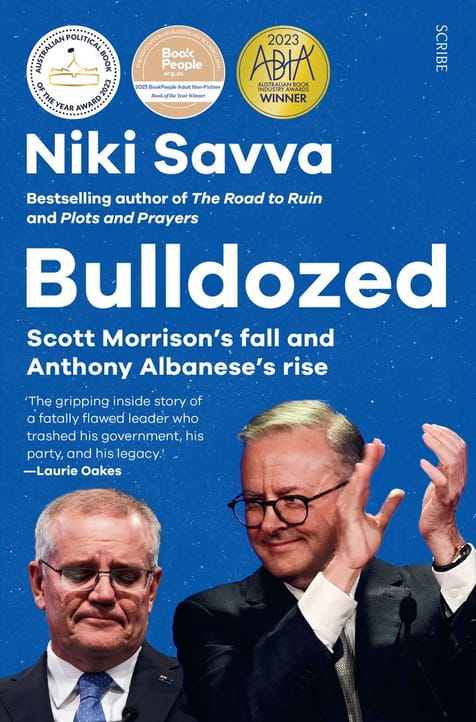
Bulldozed
WINNER OF THE 2023 ABIA GENERAL NONFICTION BOOK OF THE YEAR AWARD
‘The gripping inside story of how Scott Morrison went from miracle man to roadkill. Savva portrays a fatally flawed leader who trashed his government, his party, and his legacy.’
—Laurie Oakes
Between 2013 and 2022, Tony Abbott begat Malcolm Turnbull, who begat Scott Morrison. For nine long years, Australia was governed by a succession of Coalition governments rocked by instability and bloodletting, and consumed with prosecuting climate and culture wars while neglecting policy.
By the end, among his detractors — and there were plenty — Morrison was seen as the worst prime minister since Billy McMahon. Worse even than Tony Abbott, who lasted a scant two years in the job, whose main legacy was that he destroyed Julia Gillard, then himself, and then Turnbull.
Morrison failed to accept the mantle of national leadership, or to deal adequately with the challenges of natural disasters and the COVID-19 pandemic. He thought reform was a vanity project. He said he never wanted to leave a legacy. He got his wish.
Niki Savva, Australia’s renowned political commentator, author, and columnist, was there for all of it. In The Road to Ruin, she revealed the ruinous behaviour of former prime minister Abbott and his chief of staff, Peta Credlin, that led to the ascension of Turnbull. In Plots and Prayers, she told the inside story of the coup that overthrew Turnbull and installed his conniving successor, Morrison.
Now she lays out the final unravelling of the Coalition at the hands of a resurgent Labor and the so-called teal independents that culminated in the historic 2022 election. With her typical access to key players, and her riveting accounts of what went on behind the scenes, Bulldozed is the unique final volume of an unputdownable and impeccably sourced political trilogy.
‘I don’t hold a hose, mate.’ Scott Morrison, 20 December 2019, on the Black Summer bushfires
‘It’s not a race.’ Scott Morrison, 11 March 2021, on the COVID-19 vaccine rollout




